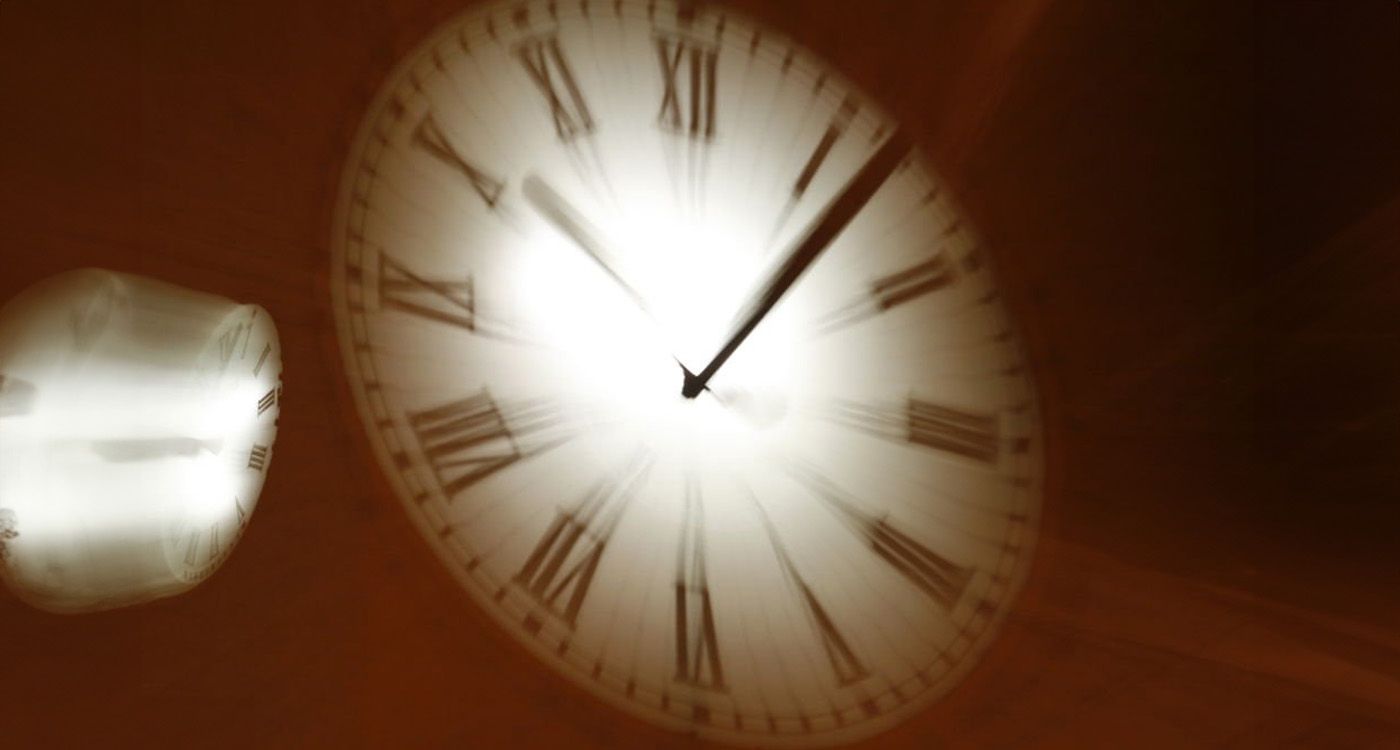
Why does time seem to speed up as we grow older? Behind this shared perception, science points to several cognitive and physiological mechanisms that alter our sense of time as the years go by.
Even in childhood, time can feel endless: holidays seem to last for months, and school days drag on forever. But as we age, the feeling reverses. Years appear to fly by at a pace that can be surprising, even unsettling. This perception of time flying by is one of the most universal psychological paradoxes: everyone experiences it, yet few realize it is rooted in the biology of the brain and the way we form memories. Why does our perception of time change in this way? Neuroscience, cognitive psychology, and even mathematics now offer several explanations.
1. The Proportion of Life: A Mathematical Perspective
From a purely arithmetic perspective, each year represents an increasingly smaller fraction of our total life. For example, at age ten, one year corresponds to 10 % of lived experience; by age fifty, it is only 2 %. This “proportional concept,” referenced in numerous psychological studies, helps explain why time seems to drag in childhood and speed up later in life (Bejan, European Review, 2019).
2.The Impact of New Experiences on Memory and Time
The brain does not track time objectively; instead, it assesses it largely through the memories it stores. The richer a period is in novel experiences and significant events, the more it leaves traces in memory. In childhood and adolescence, everything is a discovery: learning, relationships, first experiences. In adulthood, routines set in, daily life becomes predictable, and the number of “notable” events decreases. Neuroscientist Marc Wittmann, author of Felt Time, notes that we tend to underestimate the time that has passed when our memory of a period contains only a few distinct markers (Wittmann, Felt Time, MIT Press, 2016). This effect is well documented in cognitive psychology.
3. The Limits of the Brain: Perception and Neural Aging
Some researchers, such as Adrian Bejan, put forward an additional hypothesis: the brain’s information-processing speed slows with age. When we are younger, we record more “mental images” per unit of time, giving each period a richer, fuller sense. As we grow older, this frequency decreases, creating the impression that time is speeding up. While this idea is still debated, it sheds light on a physiological aspect of the phenomenon (Bejan, 2019).
4.The Importance of Attention and Emotional Context
Our perception of time also depends on our emotional state and level of attention. The brain estimates the duration of an event based on the amount of information it processes: an intense or stressful moment feels longer, while a routine period goes unnoticed. This effect is well documented in neuroscience and supported by brain imaging studies (see Scientific American, 2022).
5. Individual Scope for Action
Studies show that the feeling of time “flying by” is not inevitable. People who embrace new experiences, change their surroundings regularly, or keep learning throughout life tend to perceive time as more “stretched.” Routine speeds up the sense of time slipping away, while curiosity and learning help slow it down.
Understanding, Acting, and Slowing Down
The feeling that time speeds up as we age is not an illusion: it arises from cognitive, physiological, and contextual factors. While science cannot stop the clocks, it can reveal ways to shape how we experience time. Varying activities, nurturing curiosity, and embracing novelty are all strategies to subjectively “slow down” its passage. Understanding these mechanisms is already a step toward taking control of our relationship with time, not to stop it, but to make it more meaningful. Ultimately, the key lies less in mastering time than in enhancing the quality of experience at every stage of life.

Comments